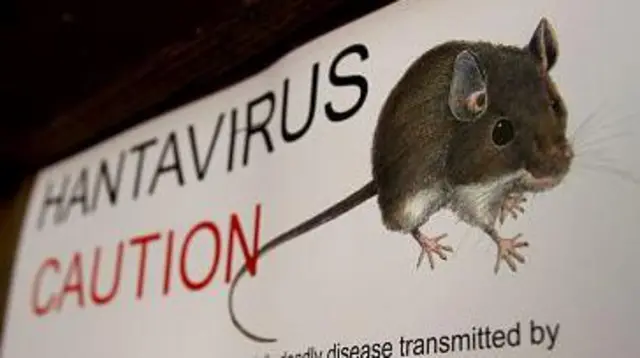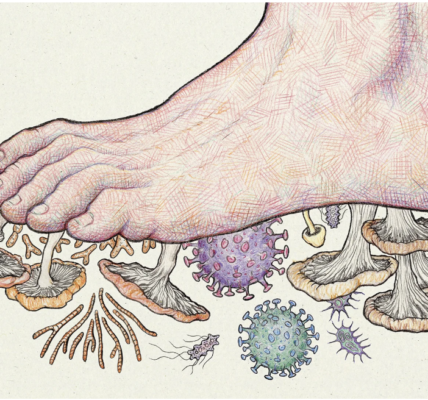
Betsy Arakawa and Gene Hackman photo
Betsy Arakawa, the spouse of Academy Award recipient Gene Hackman, lost her life to a breathing problem tied to hantavirus, a rare illness spread by infected rodents, as officials have verified. Doctors are cautious and precise about whether they have a hantavirus that can cause symptoms similar to the flu after someone contacts rodent waste.
In some very nasty cases, people get a serious lung issue called Hantavirus Pulmonary Syndrome or HPS. Medical examiners think Ms. Arakawa got HPS, which caused her death. People believe she died seven days before her husband, who had late-stage Alzheimer’s disease. Law enforcement found the dead pair in their New Mexico house last month.

Deadly disease transmitted by rodents (Hantavirus)
How rodents transmit the disease
Rodents carry viruses which transmit Hantavirus disease. They usually end up breathing in tiny dust particles from dried poop that floats through the air. The Centers for Disease Control and Prevention (CDC) says people get infected when the virus gets into the air from a rodent’s pee, poop, or spit. It doesn’t happen often, but the virus can also spread if a rodent bites or scratches you.
In North America, the Mayo Clinic points out that deer mice are the ones that carry it. The virus can make people sick in two ways. The first one, Hantavirus Pulmonary Syndrome—which is the type you see most in the US—is what caused Ms. Arakawa to die, officials say. At first things might get rough for you and you might feel tired, get a fever, and wind up hurting your muscles. Then you could experience headaches, dizziness, chills, and stomach upset.
The CDC warns that 38% of folks don’t survive if it starts impacting your breathing. And then there’s another sickness, Hemorrhagic Fever that hits the kidneys hard, and is much, much deadlier too.
Hantavirus cases recorded in the United States
The FDA started investigating the hantavirus disease in the four regions in 1993. They found that more than 150,000 cases of the fever were registered. The Centers for Disease Control and Prevention indicated that investigations were done in California, Washington, Arizona, New Mexico and Colorado, and 864 Americans were infected from 1993 to 2022.
Treatment of the disease
There isn’t a particular medicine allocated for the hantavirus disease. The CDC suggests palliative care to cure symptoms. Patients’ extreme symptoms may need to be disclosed to hospitals in intensive care units, and some may need to be intubated in severe cases. The CDC suggests abolishing physical contact with rodents in homes and workplaces to reduce exposure to the infections. Also recommends sealing entry points, such as the basements or attics, where rodents may create their habitats. Safety gears should be worn when cleaning rodent poop to evade inhaling polluted air.
.



